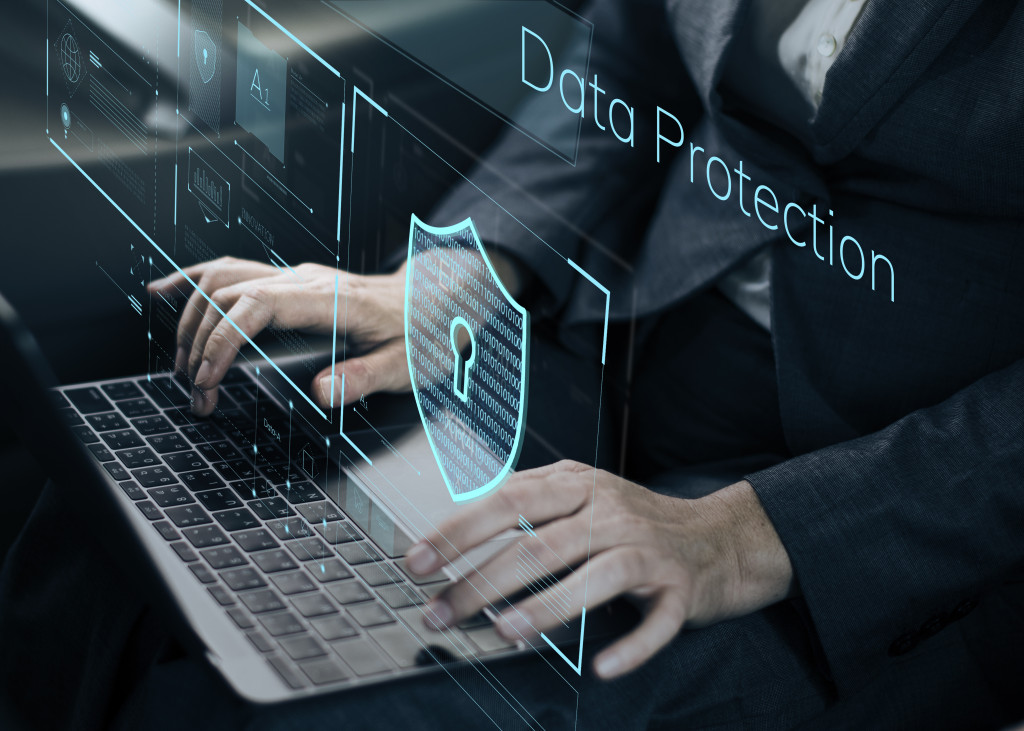The Internet has changed the world in many ways. Its interconnected networking system has disrupted many industries, among them the fields of communication, commerce, and entertainment. Do you even remember the last time you sent a written letter to another person? The e-mail has been the main mode of sending out messages for those who are hundreds or thousands of miles away. Along with these conveniences come those who exploit its vulnerabilities.
These are people who send out viruses that can wreak havoc on your personal files, or those who trick you into giving out sensitive information such as usernames and passwords. It is for these reasons that computer users need to have network security services. These should provide you with the right tools and support to keep those malicious hackers away from your computer.
At the most basic level, there are ways for you to combat or defend yourself from these digital predators. With your vigilance and presence of mind, you can minimize the risk of you being targeted or attacked.
Pop-up and Ad Blockers
Malicious users actively look for vulnerabilities or backdoors in a computer system. They can target older versions of operating systems and web page scripts as a way to get access to them. The latter is especially tricky to monitor. The Internet’s main gateway is through a browser, to which you have billions of users. If hackers successfully put hits on even a small percentage of that, you will still be thinking about thousands of users being affected. After all, you cannot all have users with advanced knowledge and capabilities.
A tactic they use to inject malicious scripts is by way of pop-up windows. These are usually associated with ad scripts that can lead you to a shady website, or they could be the triggers to run unwanted programs in your system. So by the time you have clicked on one, it would be too late. As a measure of prevention, you can enable the pop-up blocker from your browser or install a plug-in that allows you to block ads. This is not to say that all advertisements are bad because there are legitimate ones who program them properly. You can set to have these exempted for those reputable sites, as these are their main source of revenue.
Flagging Suspicious E-mails
As a general rule, if you find an e-mail message to be suspicious, it is best to be safe than sorry. So just tag it as spam or send it straight to your trash bin. Anyway, you would hope that if it is indeed someone who is trying to reach you, they should figure out that there are other communication avenues, not just e-mail.
The ability to attach files to an e-mail can be exploited. For example, someone can send you malware disguised as a picture file. When you open it, you can be letting in a virus or a worm. If you have doubts, you can also contact your system administrators; they can have the message analyzed to confirm if it is malicious or not.
Unplug

This is common sense at work. Malicious software used to be passed on by the storage media of yesteryear, most notably the floppy disk. If you are exchanging those with a friend, you will have to run a scan on it first before proceeding in exploring its contents. But now, everything can be shared via the Internet. Some malware would continue digging into your system for as long as you are connected online. If you think you have been the victim of this, once you see your computer behaving strangely, unplug from your modem and restart your system. This stops the stream of data going into your system. You should hope that it stops completing whatever it intends to do to your system. Rebooting also clears your RAM of data. That should take care of bad programs that only reside on primary storage. But it will still not be enough if there are ones that live in your hard drive.
Keeping your computers secure can be achieved in practical ways. The people who create malware are almost always a few steps ahead. Always be on the lookout for those programs that can harm your system.

